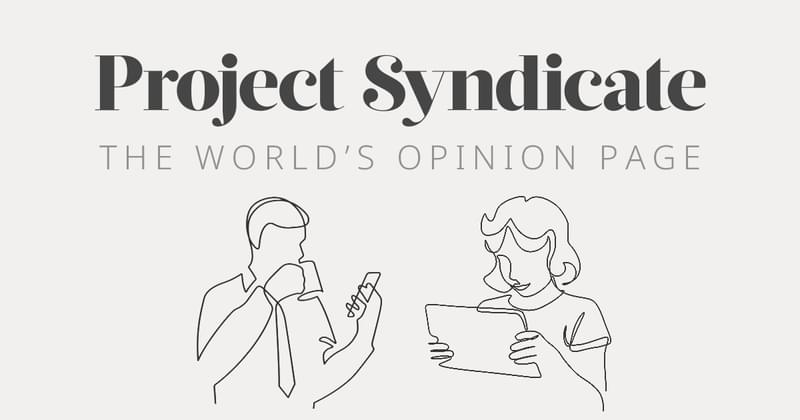Reuters on McKinsey report: "The net-zero transition"
$3.5 trillion in new investments globally, per year through 2050, to get to net zero emissions.

"Climate policy means massive investment, and a massive rejigging of market forces from the current high-carbon and low-efficiency path onto a low-carbon and high-efficiency one," said Wagner.
"We just spent trillions of dollars because of COVID relief. So, would it be feasible? Yes. Would it involve massive changes? Of course, that too. Where is the money coming from? Ratepayers, taxpayers or shareholders?"
Quotes in: "Bigger spend needed for net-zero world than assumed - McKinsey" by Mark John & Gloria Dickie, Reuters, 25 January 2022.
For context: “Amazingly, the difference between net-zero and current policies: (only!) $25 trillion through 2050. It's not ‘if,’ it's ‘when’ we do this. Might as well get on with it.” (Twitter thread)


